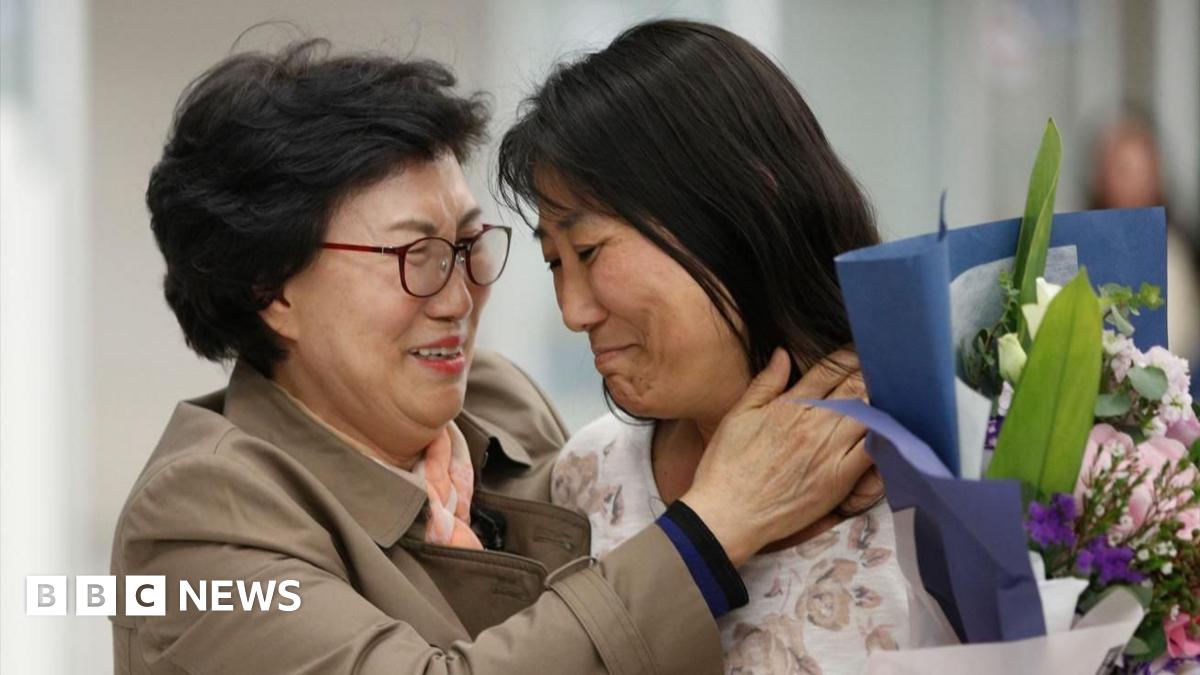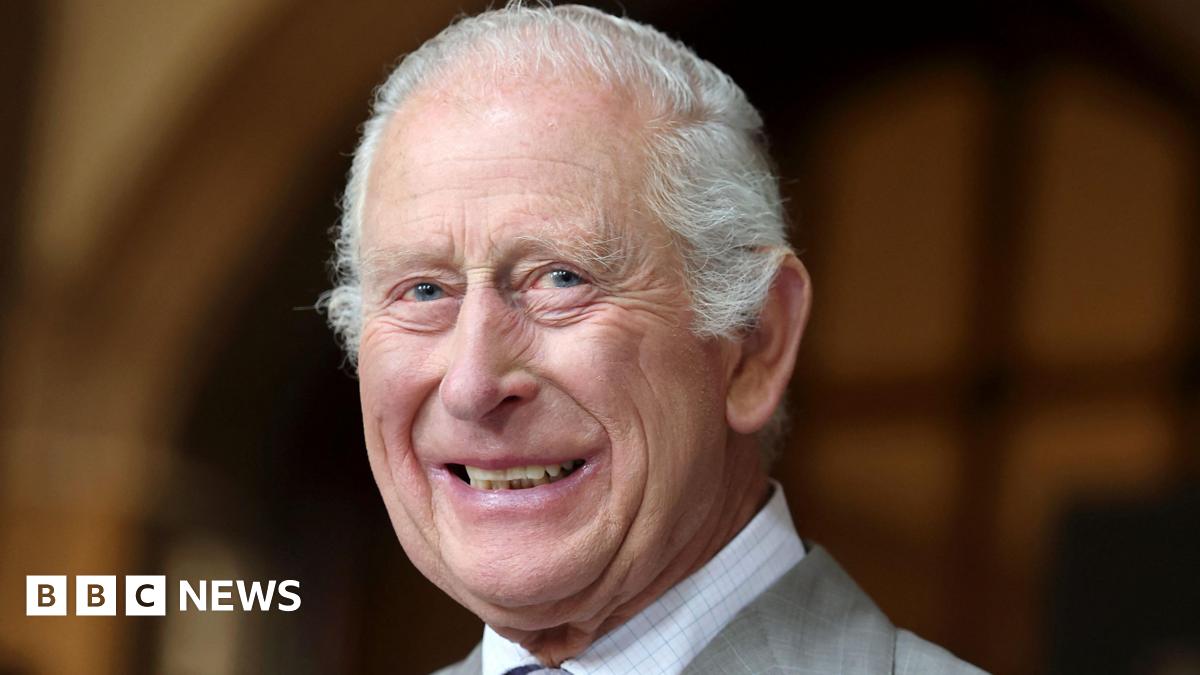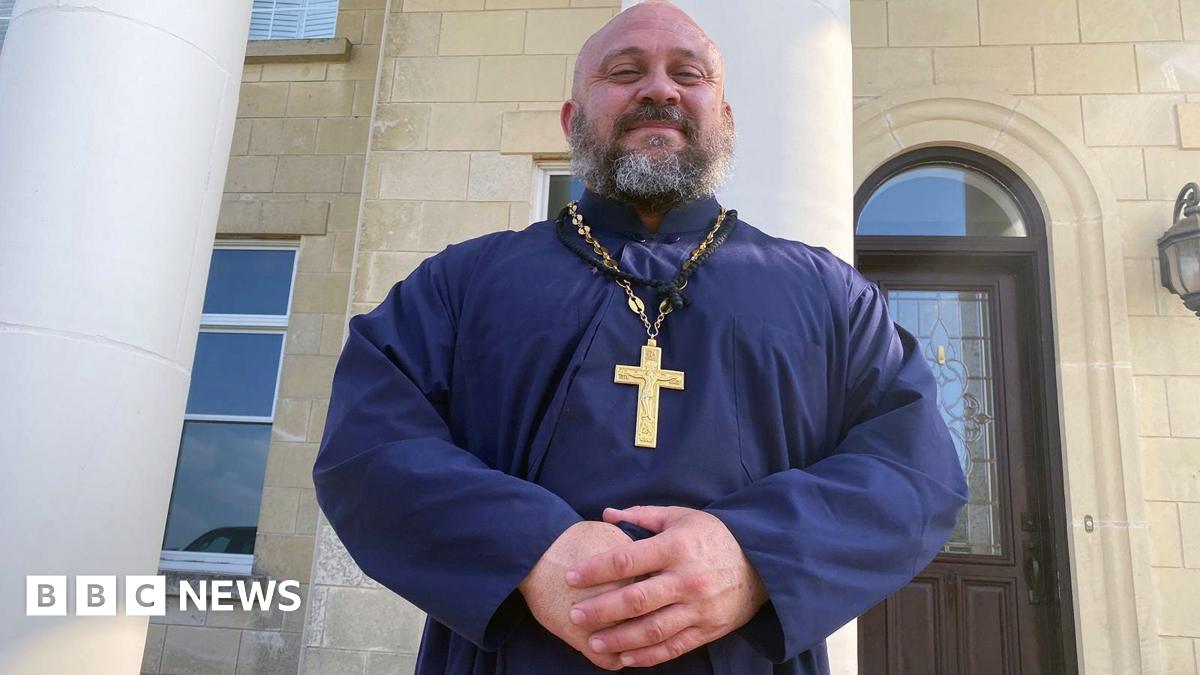South Korea And International Adoption: A Critical Look At The Past

Welcome to your ultimate source for breaking news, trending updates, and in-depth stories from around the world. Whether it's politics, technology, entertainment, sports, or lifestyle, we bring you real-time updates that keep you informed and ahead of the curve.
Our team works tirelessly to ensure you never miss a moment. From the latest developments in global events to the most talked-about topics on social media, our news platform is designed to deliver accurate and timely information, all in one place.
Stay in the know and join thousands of readers who trust us for reliable, up-to-date content. Explore our expertly curated articles and dive deeper into the stories that matter to you. Visit Best Website now and be part of the conversation. Don't miss out on the headlines that shape our world!
Table of Contents
South Korea and International Adoption: A Critical Look at the Past
South Korea's history with international adoption is a complex and often painful one, marked by periods of rapid growth followed by increasing scrutiny and reform. For decades, thousands of Korean children were adopted internationally, primarily to Western countries. While many adopted individuals have thrived, a growing movement is critically examining the ethical implications and lasting impacts of this mass adoption. Understanding this history is crucial to fostering more responsible and ethical adoption practices in the future.
The Rise of International Adoption from South Korea
The surge in international adoptions from South Korea began in the aftermath of the Korean War (1950-1953). Poverty, societal stigma surrounding unmarried mothers, and a lack of robust domestic support systems contributed to a climate where giving children up for adoption, often internationally, seemed like the only option. The United States became the primary destination for these children, with significant numbers also going to Canada, Europe, and Australia. Several agencies facilitated these adoptions, often operating with minimal oversight and transparency.
The "Orphanage Industrial Complex" and Ethical Concerns
Critics argue that the high volume of adoptions fueled a problematic "orphanage industrial complex." This system, they claim, prioritized the profit of agencies over the best interests of children. Allegations of coercion, misleading information provided to birth mothers, and a lack of comprehensive records surrounding the adoption process have cast a long shadow over this period. The true number of children adopted remains a point of contention, with some estimates suggesting significantly higher numbers than official records indicate.
The Search for Origins and the Identity Crisis
For many adoptees, the search for their biological families and origins has been a central part of their life journey. This quest is often fraught with difficulties, including limited access to records, bureaucratic hurdles, and emotional challenges related to uncovering their past. Many adoptees have also grappled with feelings of disconnect, loss, and identity struggles stemming from their adoption experiences. Support groups and online communities dedicated to Korean adoptees provide vital spaces for sharing experiences and advocating for reform.
Modern Reforms and Changes in Adoption Practices
In recent decades, South Korea has implemented significant reforms aimed at reducing international adoptions and strengthening its domestic adoption system. These reforms include greater emphasis on finding families within South Korea, increased transparency and accountability for adoption agencies, and improved support services for birth mothers and adoptees. The focus has shifted towards prioritizing the well-being of the child and ensuring their right to identity and access to their origins.
Moving Forward: Lessons Learned and Future Directions
The history of international adoption from South Korea serves as a vital case study in the complexities of cross-cultural adoption. The lessons learned should inform ethical practices globally. Greater transparency, improved record-keeping, and a strong emphasis on the rights and well-being of children remain crucial elements for responsible international adoption practices. The experiences of Korean adoptees highlight the importance of providing ongoing support and resources to facilitate their journeys of self-discovery and healing.
Further Reading:
- [Link to a relevant academic article on Korean adoption]
- [Link to a reputable organization supporting Korean adoptees]
This critical examination of South Korea's history with international adoption provides a valuable context for understanding the ongoing discussions surrounding adoption ethics and the need for continued reform. The experiences of Korean adoptees and birth mothers underscore the profound importance of ensuring that future adoption practices prioritize the well-being and rights of all involved.

Thank you for visiting our website, your trusted source for the latest updates and in-depth coverage on South Korea And International Adoption: A Critical Look At The Past. We're committed to keeping you informed with timely and accurate information to meet your curiosity and needs.
If you have any questions, suggestions, or feedback, we'd love to hear from you. Your insights are valuable to us and help us improve to serve you better. Feel free to reach out through our contact page.
Don't forget to bookmark our website and check back regularly for the latest headlines and trending topics. See you next time, and thank you for being part of our growing community!
Featured Posts
-
 Live Doppler 13s 2025 Indy 500 Weather What To Expect
May 26, 2025
Live Doppler 13s 2025 Indy 500 Weather What To Expect
May 26, 2025 -
 King Charless Canadian Visit A Royal Response To Trump Tensions
May 26, 2025
King Charless Canadian Visit A Royal Response To Trump Tensions
May 26, 2025 -
 Trumps Golden Dome Missile Defense A Realistic Assessment Of Feasibility
May 26, 2025
Trumps Golden Dome Missile Defense A Realistic Assessment Of Feasibility
May 26, 2025 -
 Confirming T J Maxxs Memorial Day 2025 Store Hours And Sales
May 26, 2025
Confirming T J Maxxs Memorial Day 2025 Store Hours And Sales
May 26, 2025 -
 Seeking Tradition The Growing Number Of Young American Men Embracing Russian Orthodoxy
May 26, 2025
Seeking Tradition The Growing Number Of Young American Men Embracing Russian Orthodoxy
May 26, 2025
Latest Posts
-
 Seaside Heights Violence Investigation Launched After Multiple Stabbings And Fights
May 27, 2025
Seaside Heights Violence Investigation Launched After Multiple Stabbings And Fights
May 27, 2025 -
 Two Sigmas 236 55 Million Investment In Bank Of America What It Means For Investors
May 27, 2025
Two Sigmas 236 55 Million Investment In Bank Of America What It Means For Investors
May 27, 2025 -
 The Michelle Mone Story A Case Study In Entrepreneurial Success And Failure
May 27, 2025
The Michelle Mone Story A Case Study In Entrepreneurial Success And Failure
May 27, 2025 -
 Fewer Inspectors Laxer Rules How The Feds Are Failing Coal Miners With Black Lung
May 27, 2025
Fewer Inspectors Laxer Rules How The Feds Are Failing Coal Miners With Black Lung
May 27, 2025 -
 Zverev Mensik In French Open First Round Predictions And Analysis
May 27, 2025
Zverev Mensik In French Open First Round Predictions And Analysis
May 27, 2025
